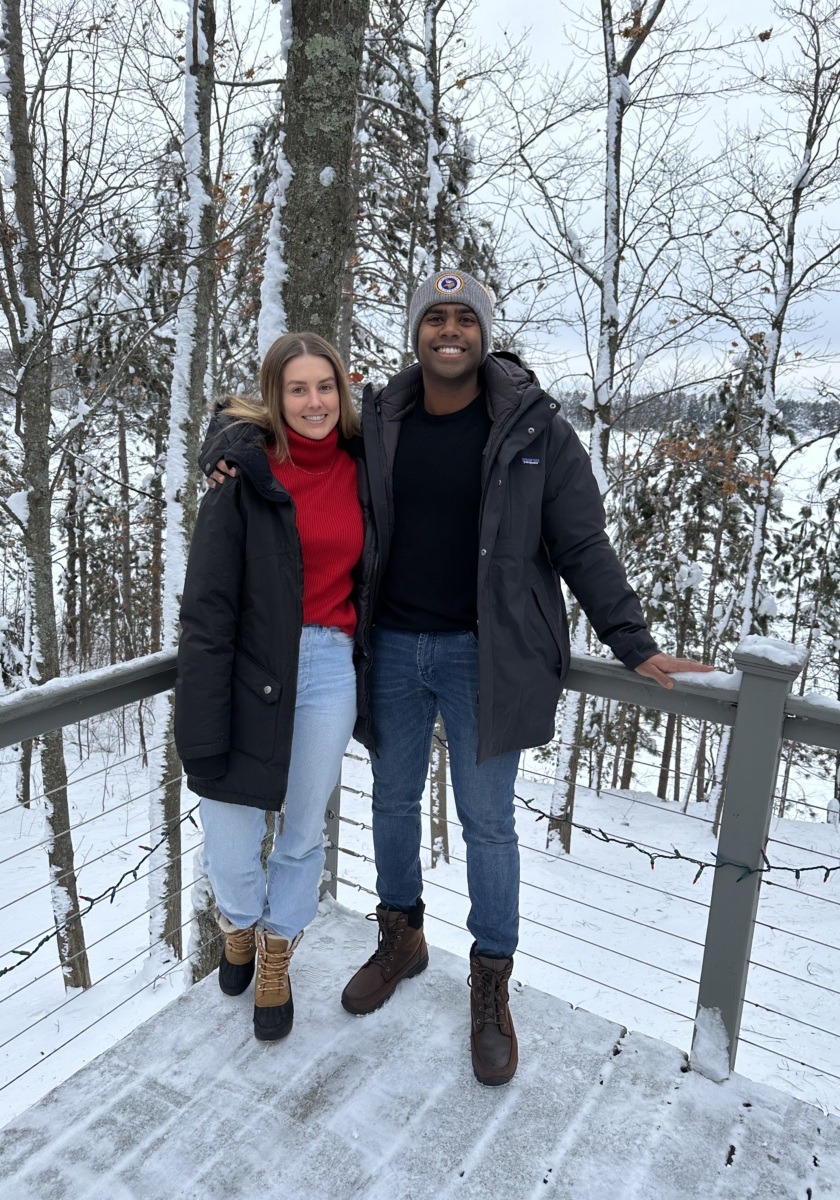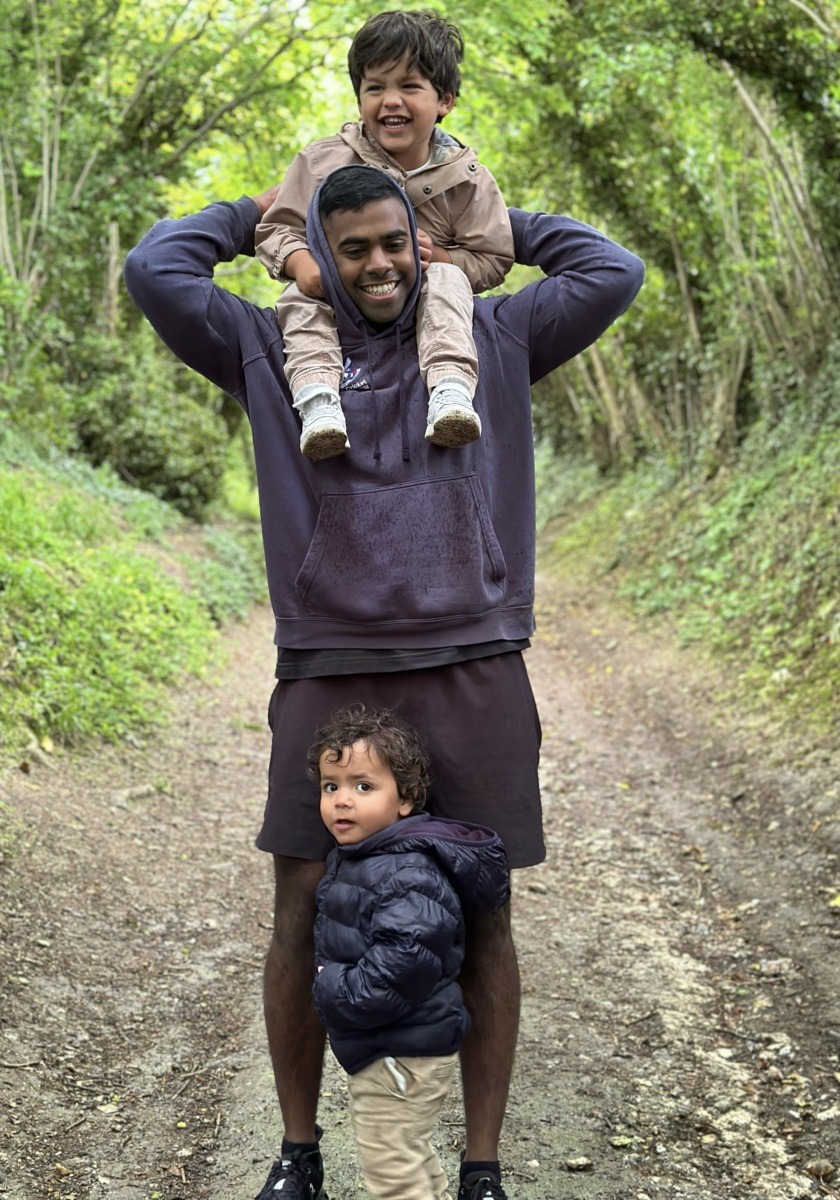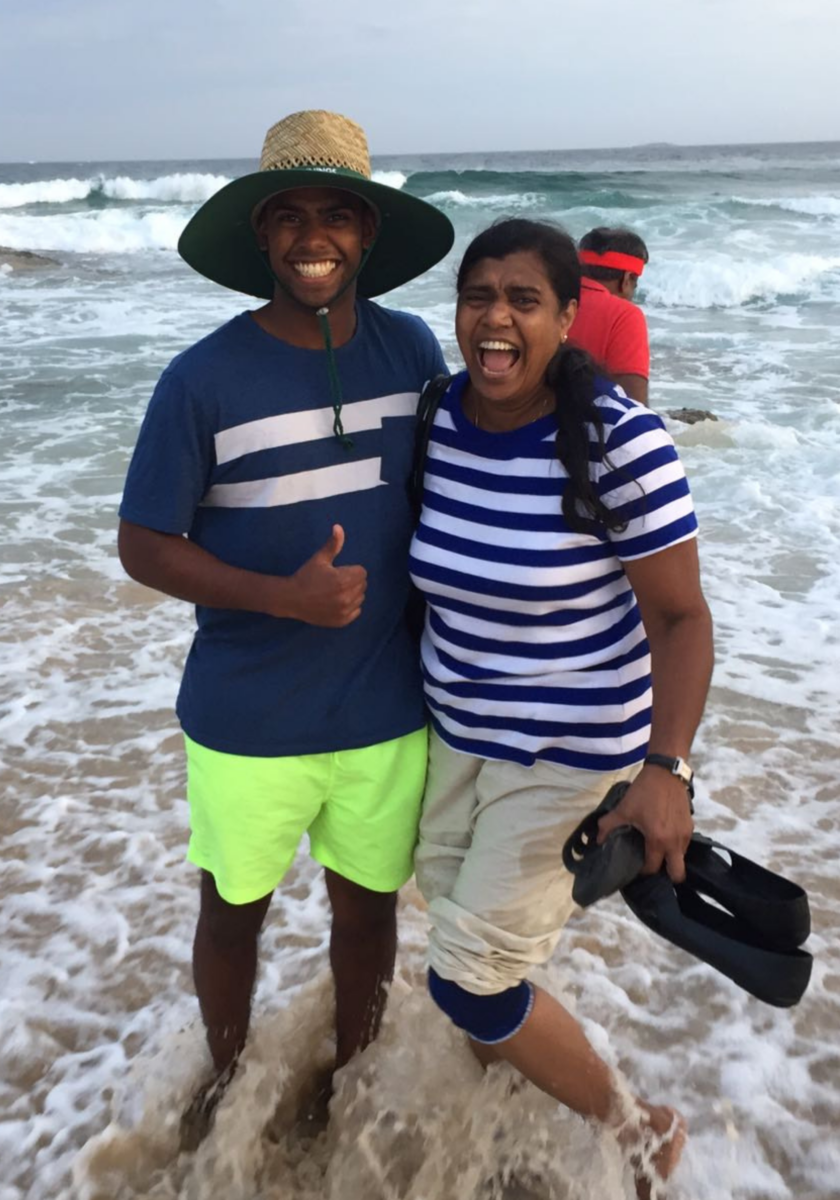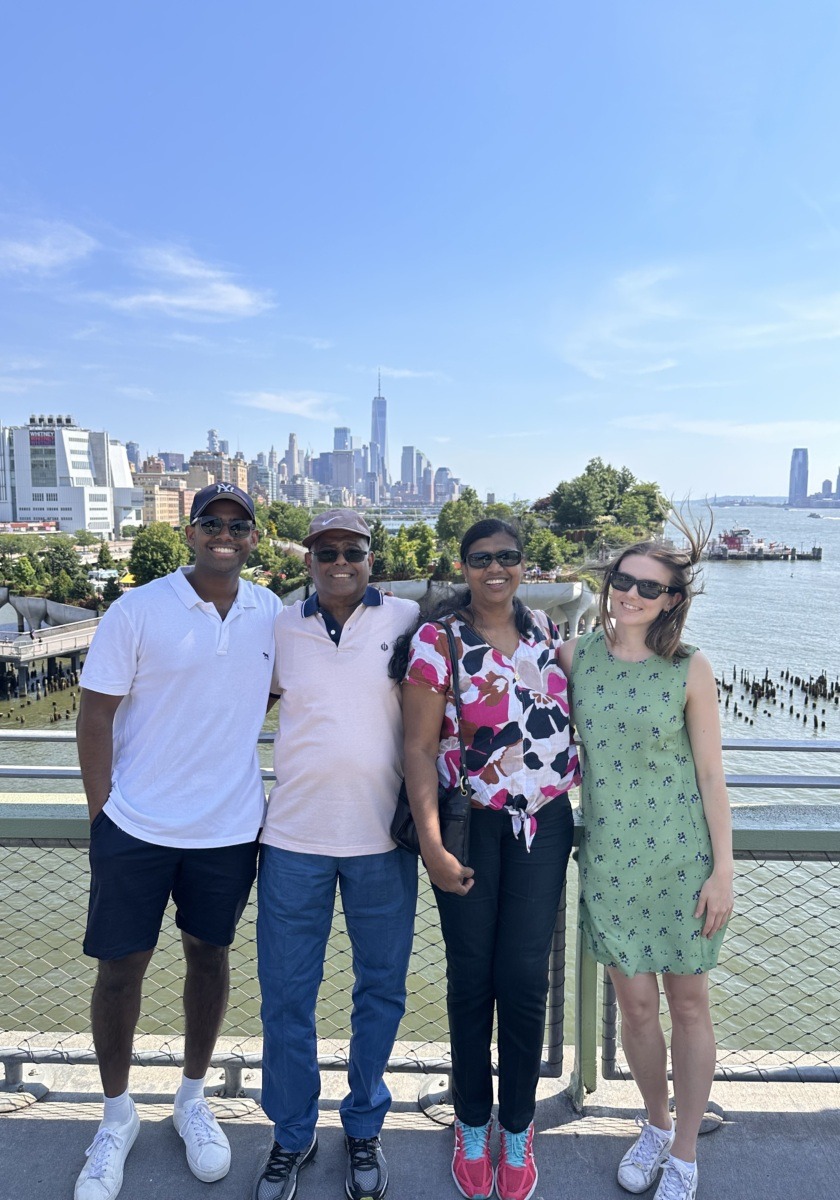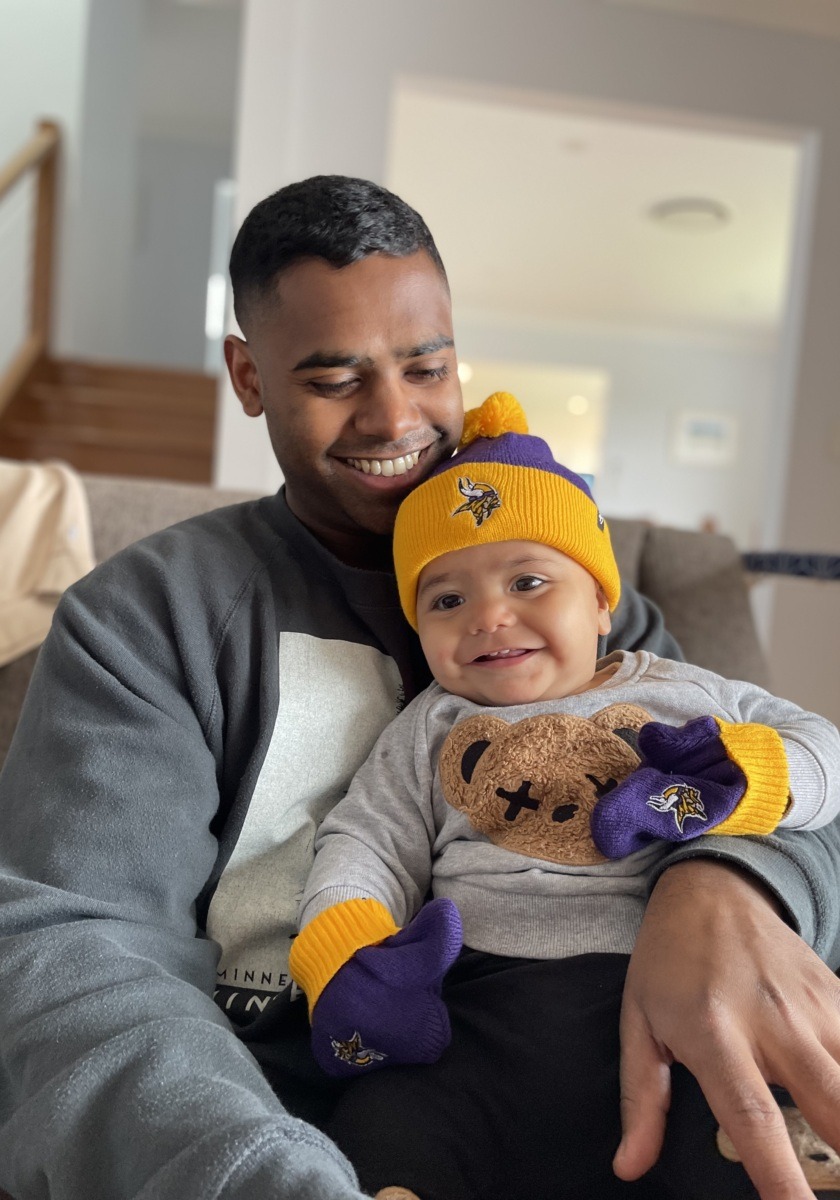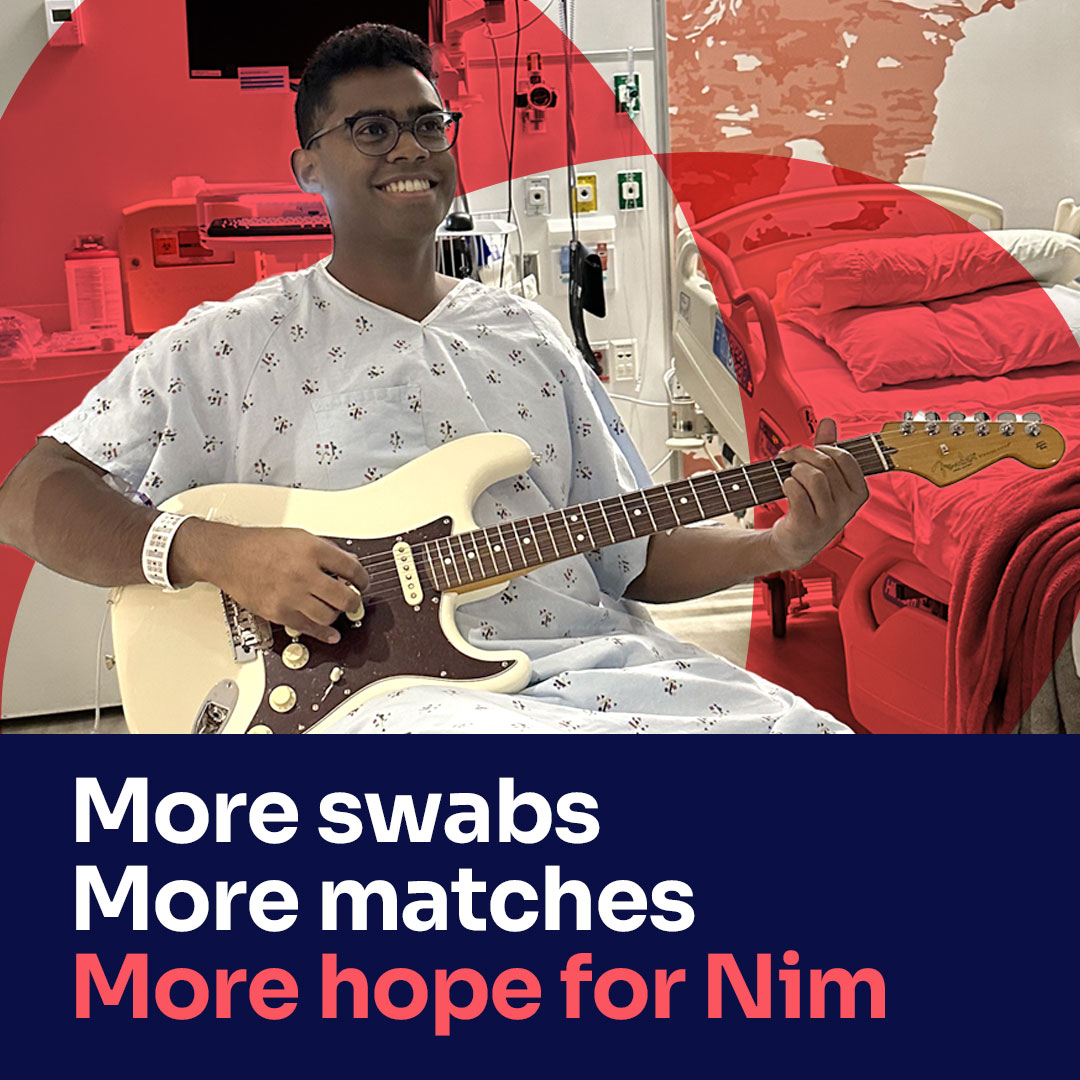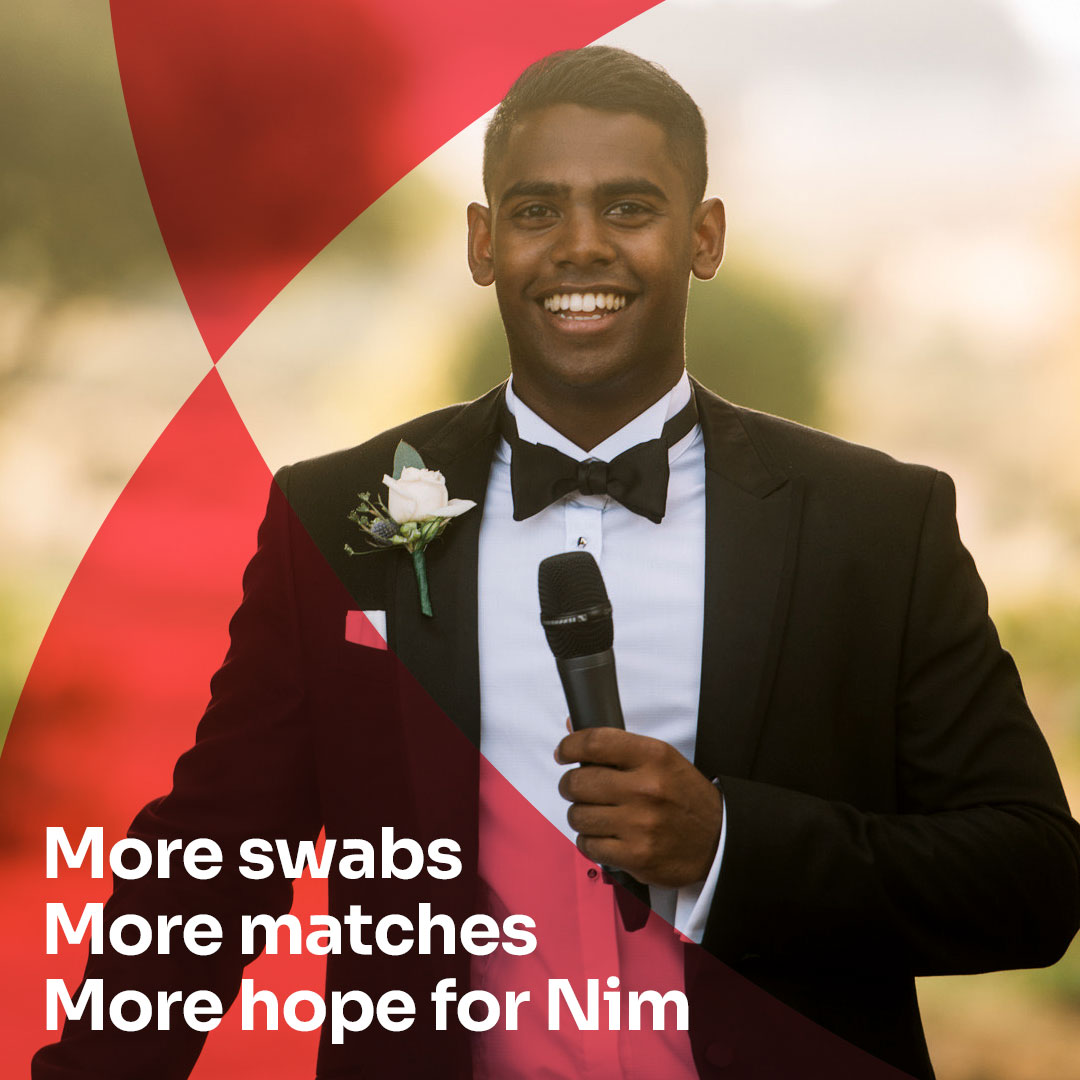Nim
My name is Nim Sundaram, I’m 28 and currently undergoing treatment for acute lymphoblastic leukaemia.
It’s a rare blood cancer that needs intensive chemotherapy and a stem cell transplant to cure. Stem cells are special cells found in everybody that have the potential to regenerate important cells in our blood. My cancer and its treatment wipe out my own stem cells, so I need a healthy person’s stem cells to recover.
I was born and raised in Australia, but I am also Sri Lankan. The markers used to check if someone is a stem cell match are passed down through families. This means that my best chance of finding a match will be someone from the same background as me. Right now, there aren’t many people from our community on the stem cell register so finding a match is difficult.
If you are a match, then you have the chance to save my life.

Becoming a donor is simpler than people realise:
- First, register with a stem cell registry in your country. This often starts with a cheek swab or a small blood sample.
- If you are a match, donating is as easy as giving blood.
Stem cell registries are made available internationally so when a person from our community registers, they are potentially saving someone’s life, anywhere in the world. By joining a registry, you could save not just my life, but the life of someone else’s son, daughter, brother, or sister.
Please reach out to me if you need any more information and please share this with your family and your friends and invite them to register as well.
Please consider registering. A few minutes of your time could give someone like me the chance to keep fighting and to live a full and happy life.
With gratitude,
Nim Sundaram
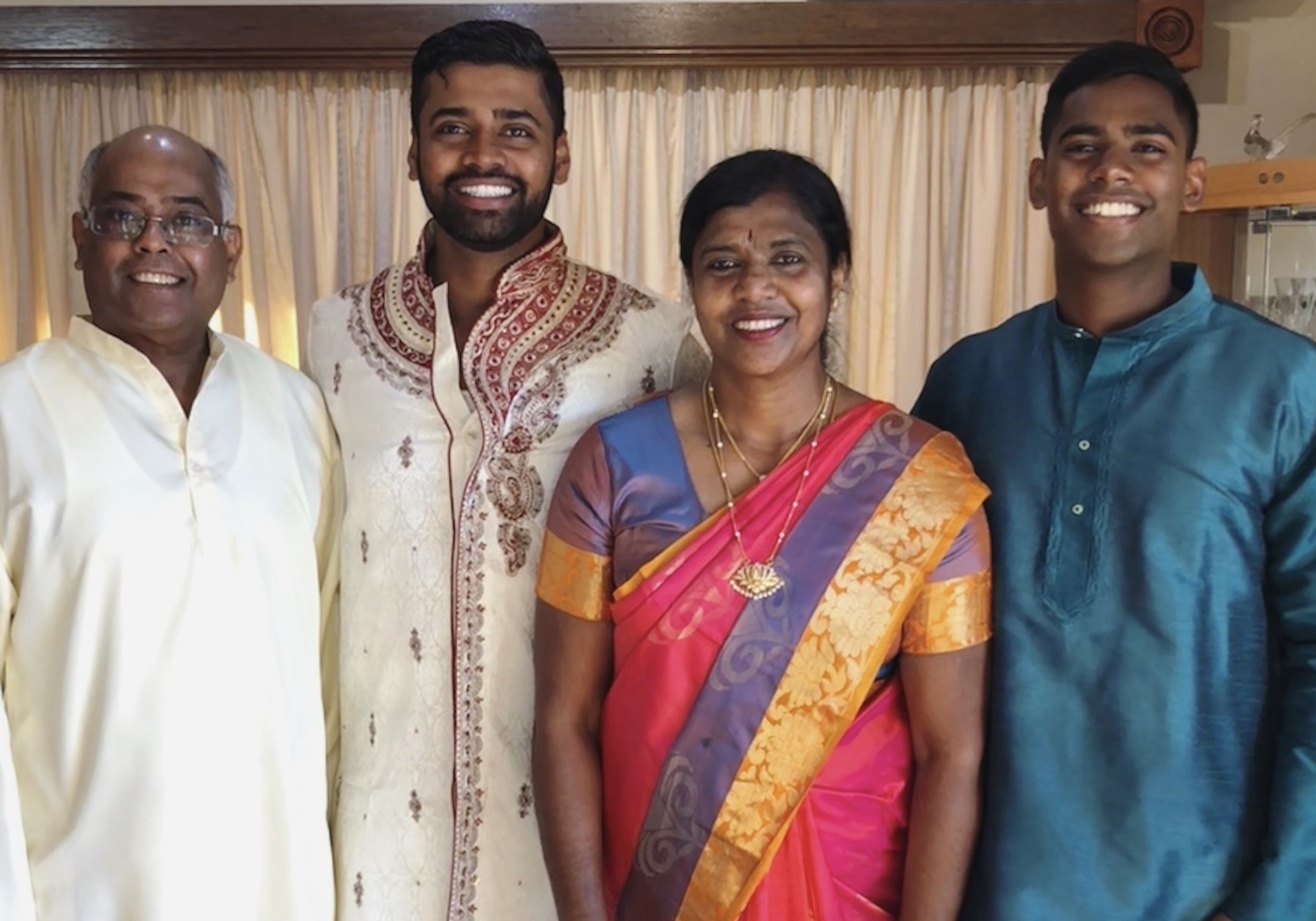
What do I need to know before I sign up?
Stem cell donation is a safe and simple process that can potentially cure life-threatening diseases. Before you register, it’s important for you to have a good understanding of what it means to be a donor and ensuring you’re committed, should you be someone’s life-saving match.
Eligibility check:
- You’re aged 18-35.
- Generally healthy (we’ll cover this in more detail in the next steps).
Signing up means:
- You’re committing to donate to anyone, globally needing a match.
- You’re committed to being available if called upon.
- We’ll stay in contact, keeping you informed and ready for the call.
Donation likelihood:
- Matches are rare; they are based on genetic compatibility.
- BUT while not everyone will donate, your registration increases chances for those in need.
If you’re a match:
- We’ll call you to let you know!
- Donation involves a simple procedure with minimal discomfort.
- We support you throughout, ensuring top medical care and thorough information.
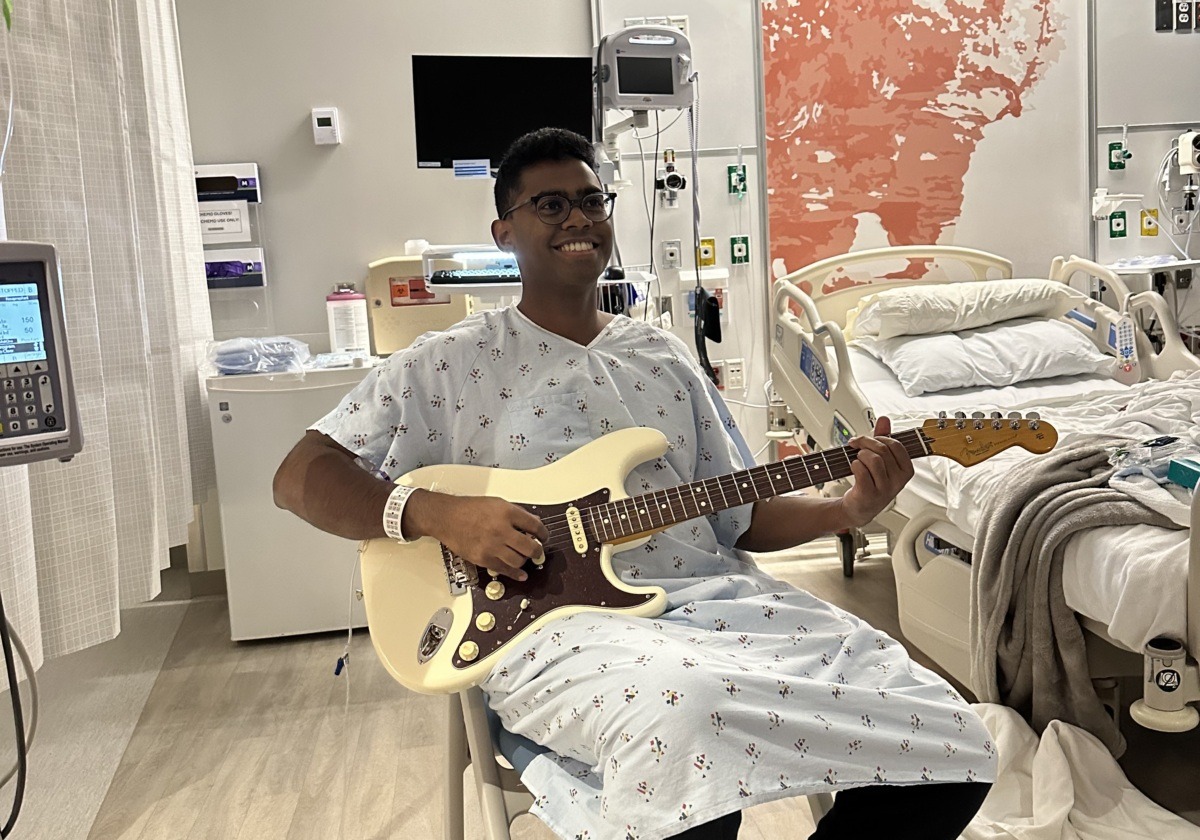
Join Nim's appeal
Outside Australia?
These links will show you how easy it is to register, no matter where you live:
Important Information
We’re incredibly grateful for everyone who wants to make a difference by joining our registry. When it comes to donating stem cells, younger donors are preferred because they lead to better outcomes for patients. This focus on young donors helps us ensure that the patients’ transplants have the best chance of success.
While we do keep donors on the registry until their 60th birthday in case they become the perfect match for someone in need, we have to be mindful of our limited resources. Our priority is to engage those who can provide the greatest potential for successful transplants, which is why we encourage those aged between 18 and 35 years old to register.
If you’re outside this age range, please know that your passion and willingness to help are valued, and we appreciate your support in spreading the word about the importance of donating stem cells. See our How to help section for ways you can help our mission.
We understand that you may want to help a loved one who is unwell, and it’s natural to want to make a difference in their situation. However, when you register as a donor, you’re committing to help anyone in need of a stem cell transplant.
Unless you share the same parents, the chances of being a match for your loved one are very slim. Instead, by joining the registry, you have the opportunity to assist someone else who may be facing a similar situation to what your loved one is experiencing.
Your decision to register means you could potentially save the life of someone you’ve never met—someone who, like your loved one, is in need of support. While it might not be for your friend or relative, your willingness to help can make a significant difference in the lives of others in need.
If you match a patient, you will be contacted to confirm that you are healthy and still willing and available to donate. A blood sample will be taken to confirm the match.
Before donating, an independent specialist will assess you medically, explain the process thoroughly and answer any questions that you may have. Your health and well-being before and after donation are equally important.
Find out more about the donation process.
One share could save Nim's life
The more people who register, the better Nim’s chances of finding a match. You can help by downloading these images and sharing them on your social media.
If you can, link it back to this page and don’t forget to tag us! @stemcelldonorsAU
A quick post could inspire someone to sign up and be the donor he desperately needs.
